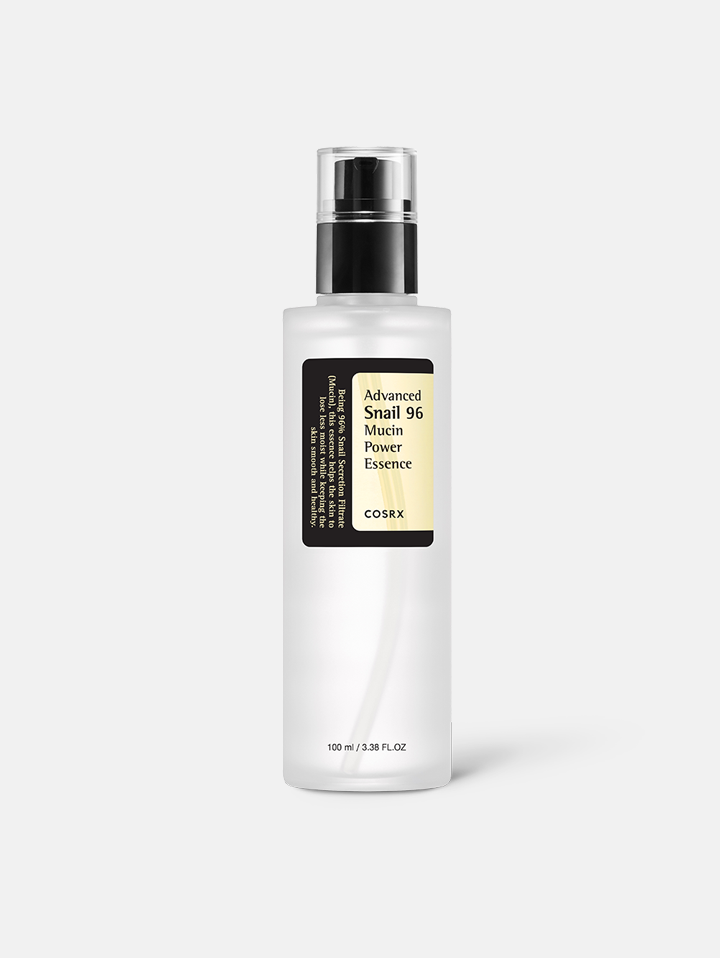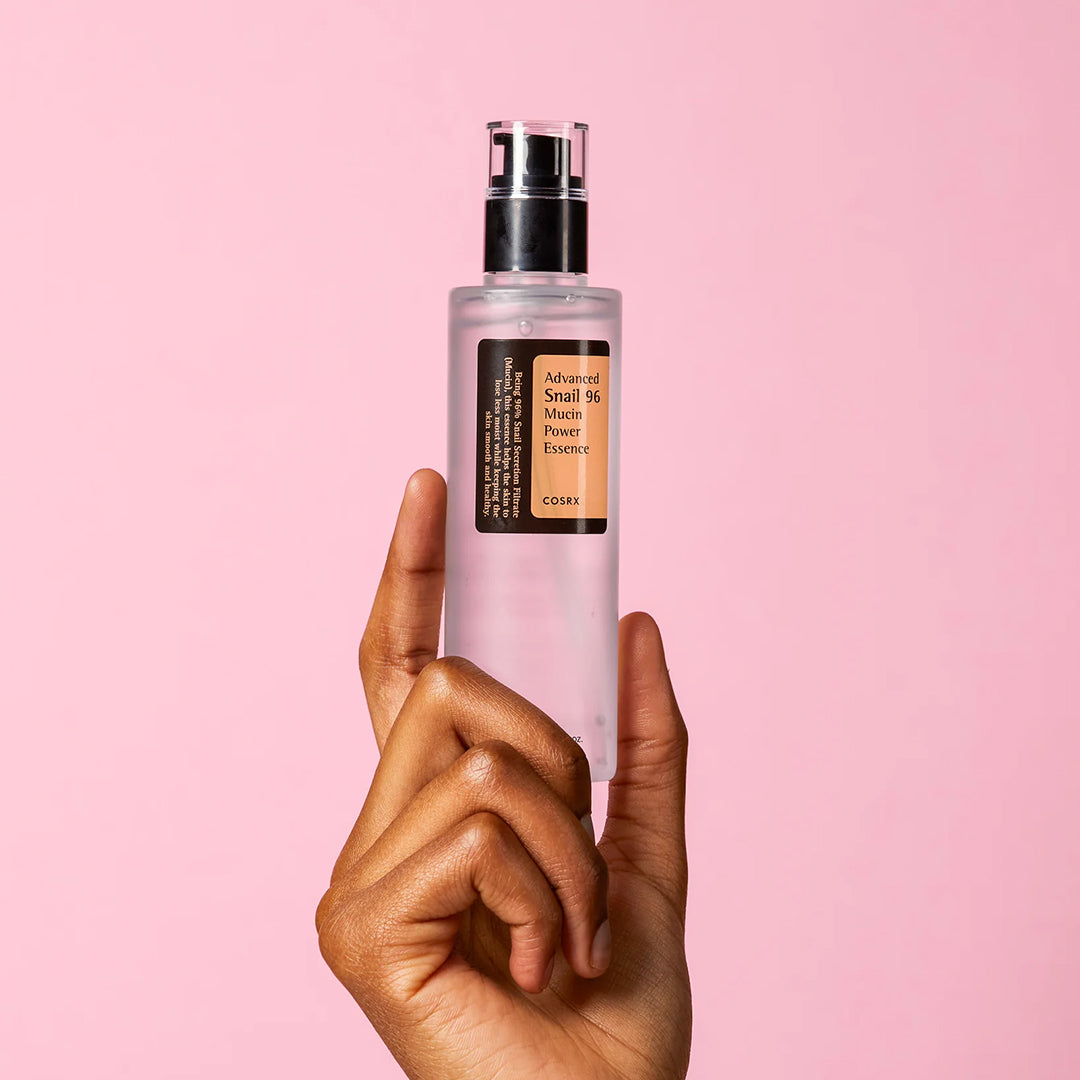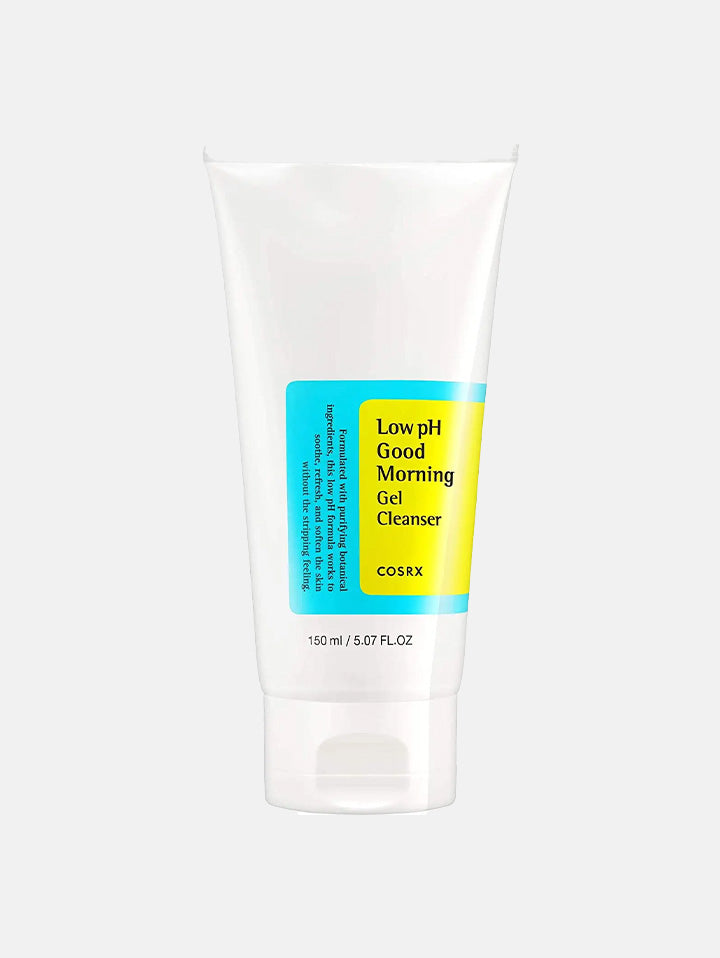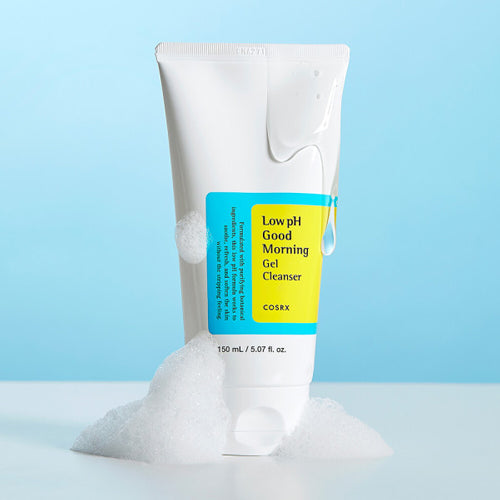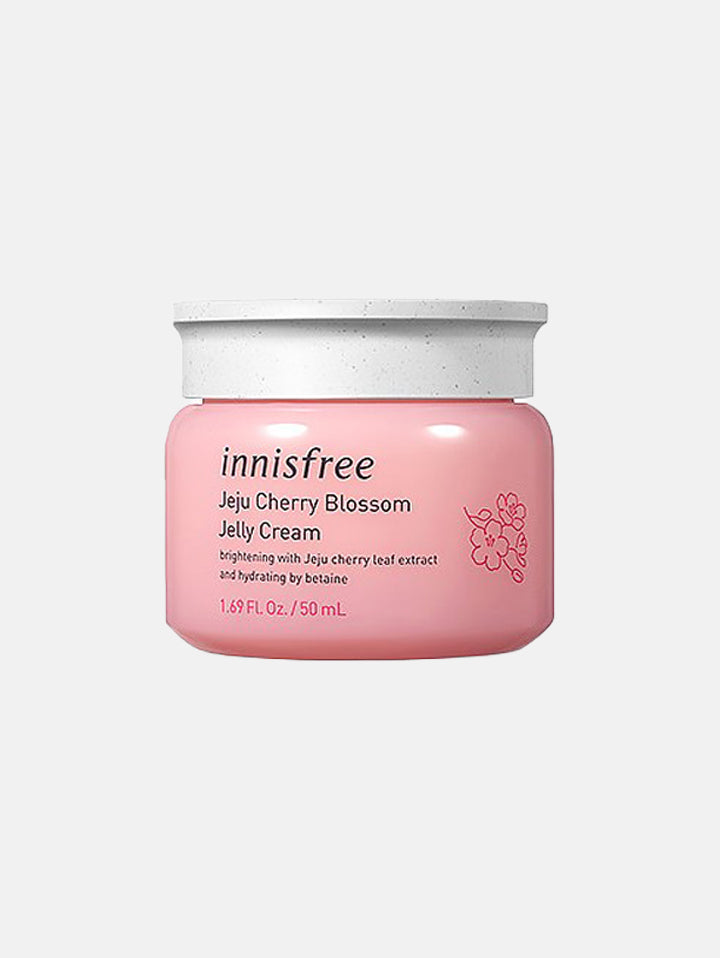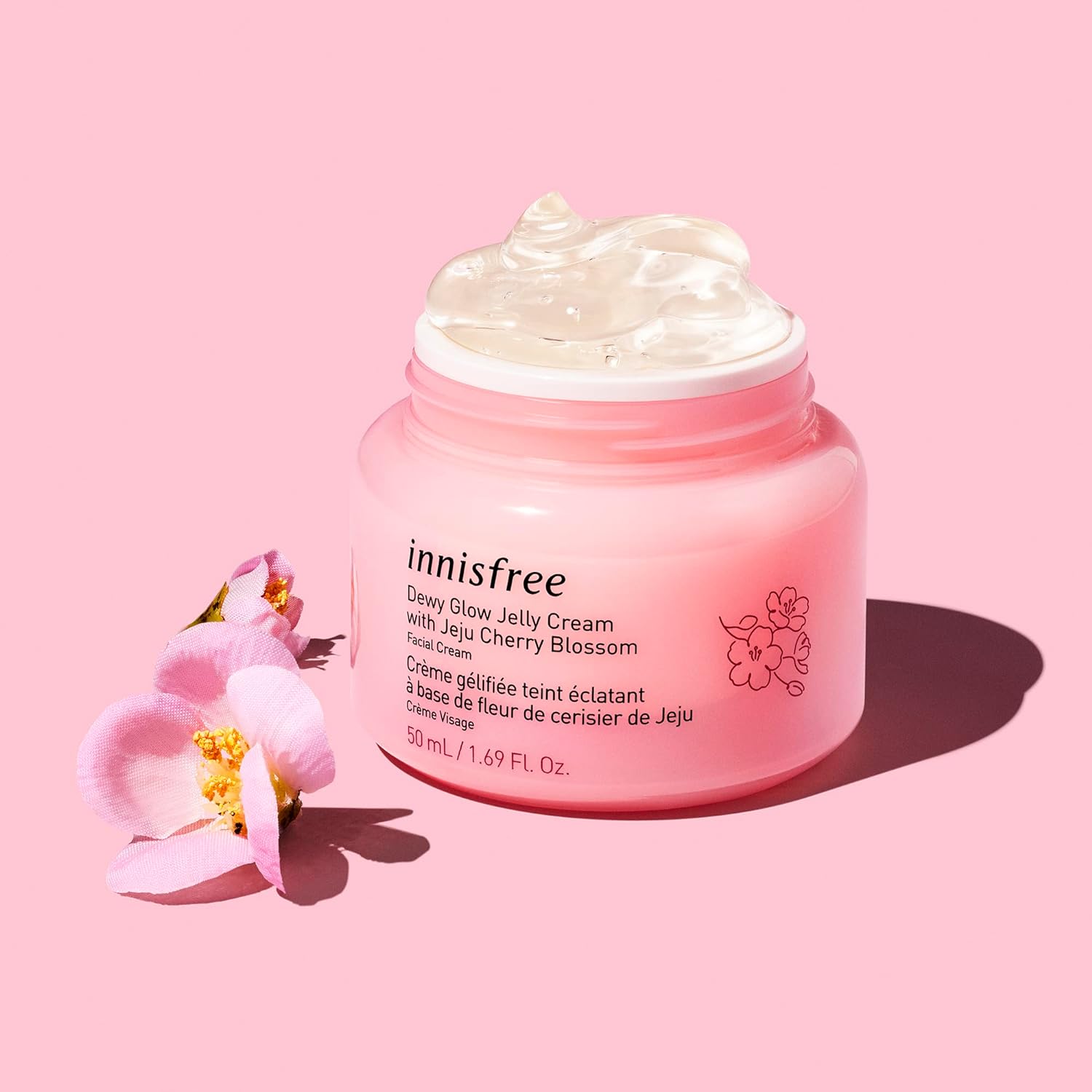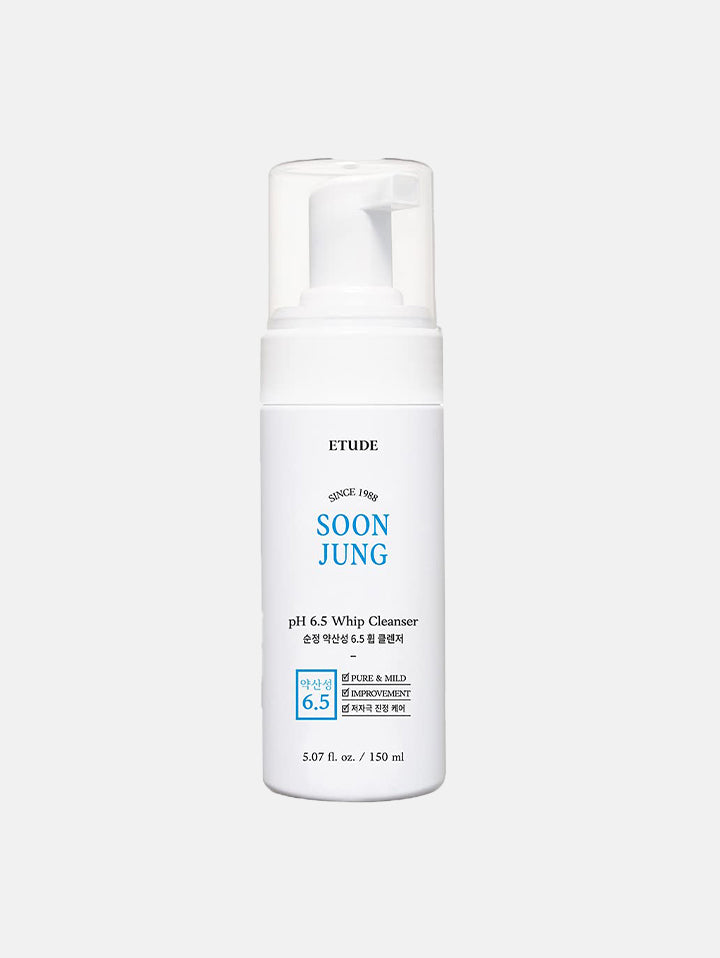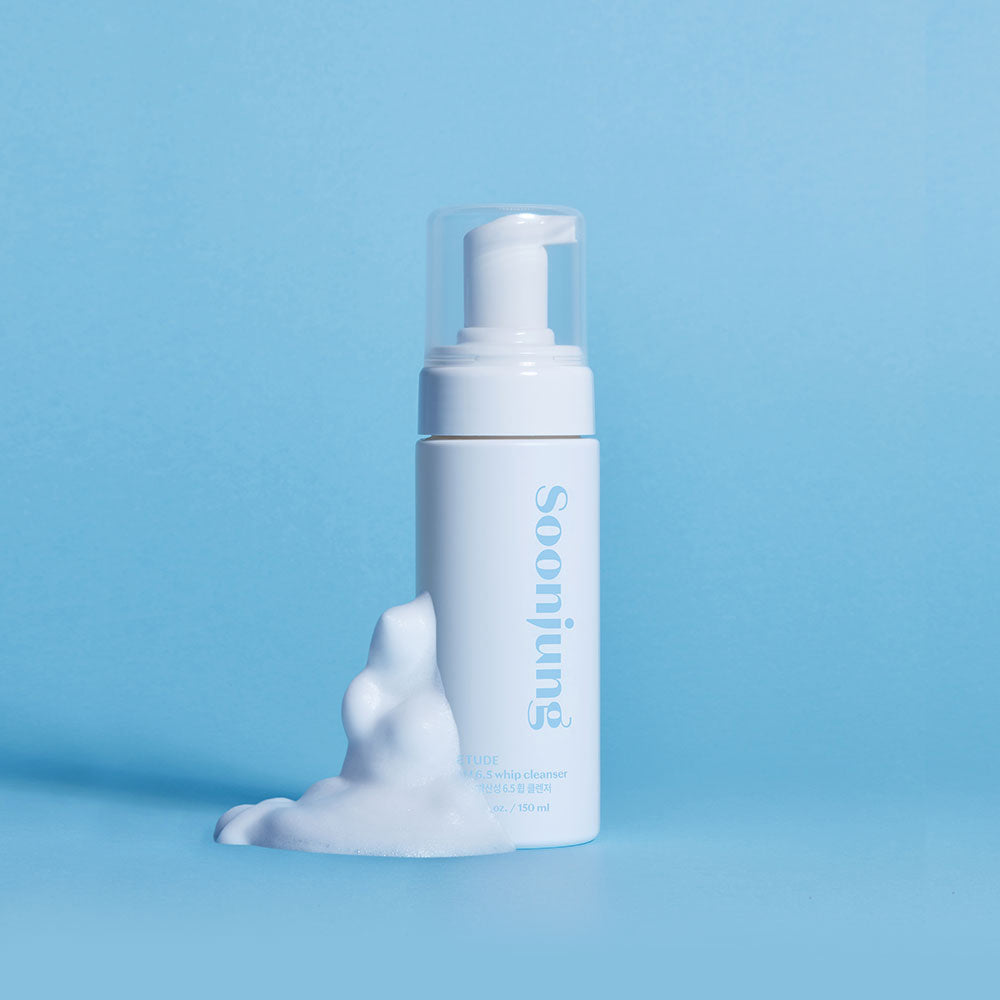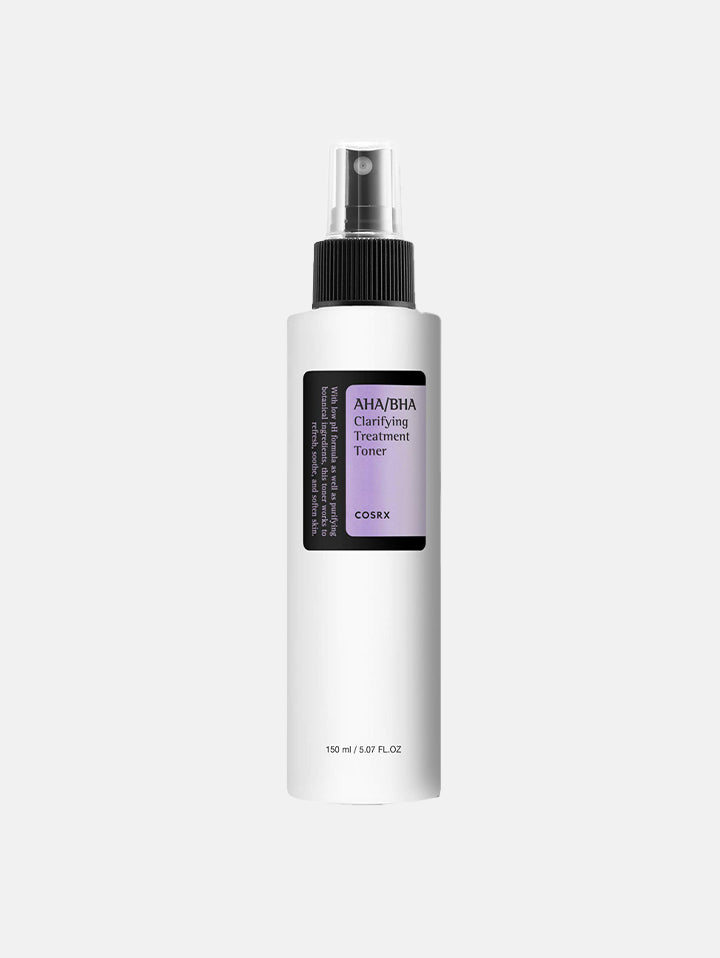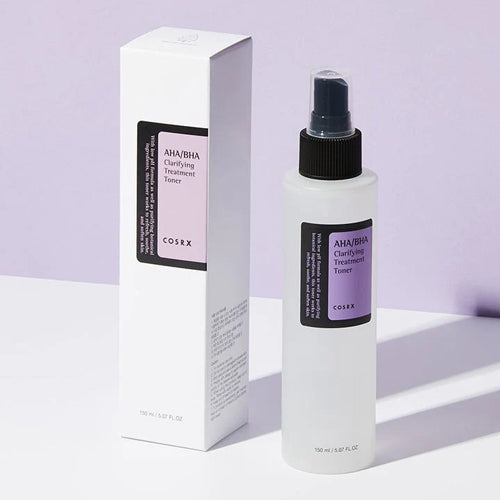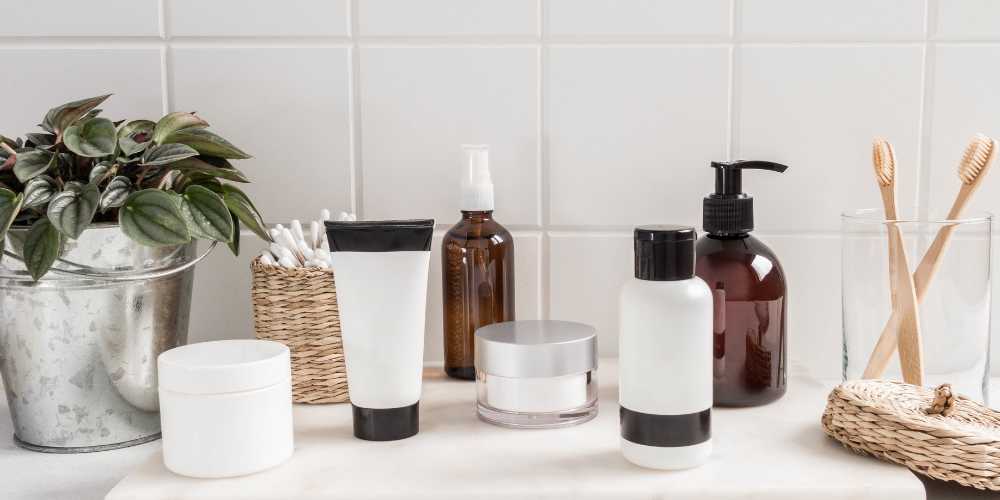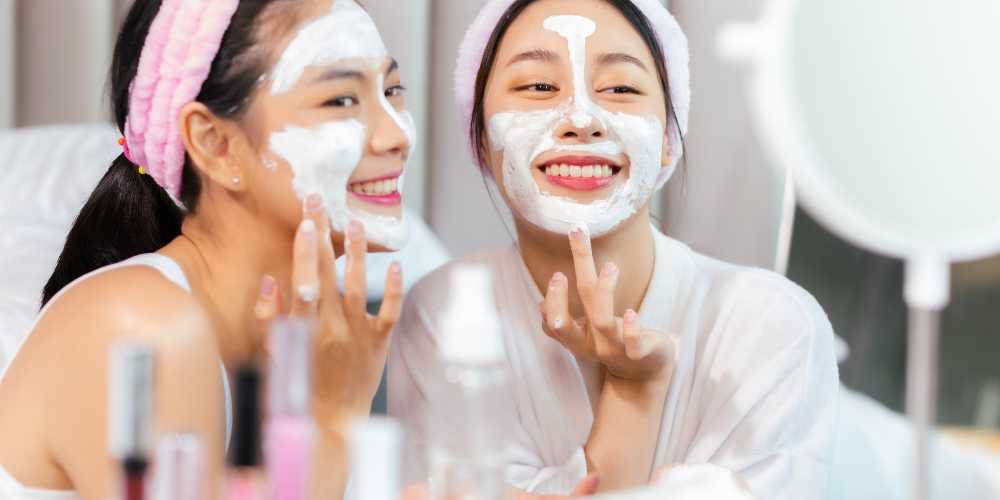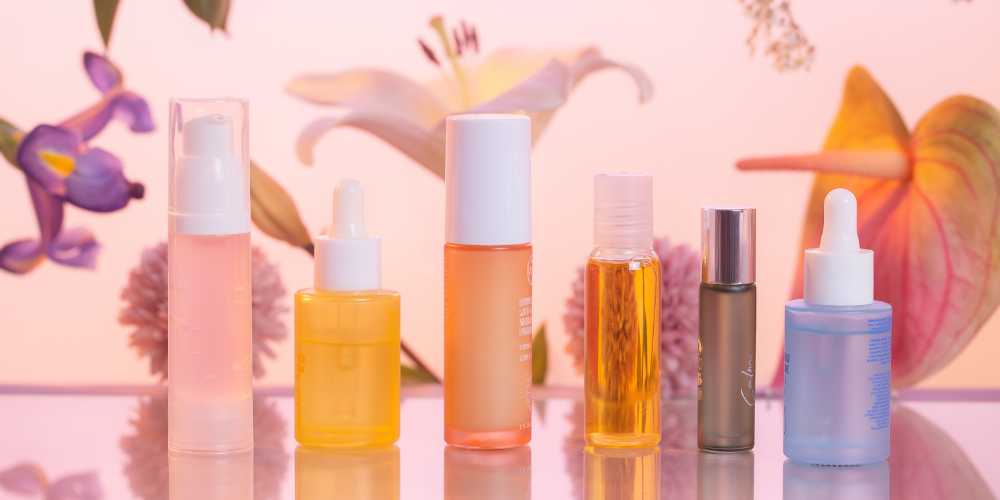
What is K-beauty?
K-beauty, short for Korean beauty, refers to the skincare and cosmetics products, techniques, and trends that originate from South Korea. It gained significant popularity worldwide for its innovative and multi-step skincare routines, unique ingredients, and emphasis on achieving healthy, radiant skin.
Key aspects of K-beauty include:
-
Multi-step skincare routines: K-beauty routines often involve multiple steps, sometimes up to 10 or more, including cleansing, toning, exfoliating, treating, moisturizing, and protecting the skin.
-
Emphasis on hydration and moisturization: Hydrated and moisturized skin is a fundamental principle in K-beauty. Products like essences, serums, sheet masks, and moisturizers are commonly used to achieve and maintain well-hydrated skin.
-
Use of innovative ingredients: K-beauty products often incorporate unique and natural ingredients like snail mucin, ginseng, green tea, rice extracts, and various botanical extracts, which are believed to provide various skincare benefits.
-
Sheet masks and ampoules: Sheet masks are popular in K-beauty routines for their convenience and effectiveness in delivering concentrated skincare ingredients. Ampoules, highly concentrated serums, are also widely used for targeted treatment.
-
Sun protection: K-beauty emphasizes the importance of sun protection to prevent skin damage, premature aging, and pigmentation. Sunscreen is considered an essential step in skincare routines.
-
Innovative techniques and trends: K-beauty often introduces new techniques like "glass skin" (a trend focusing on achieving exceptionally smooth and radiant skin) and "slugging" (using petroleum jelly as a final occlusive layer in the skincare routine).
Korean beauty products have gained a global following due to their effective formulations, focus on skin health, and the results they offer. The K-beauty industry continues to evolve, introducing new products, trends, and approaches to skincare and makeup.
